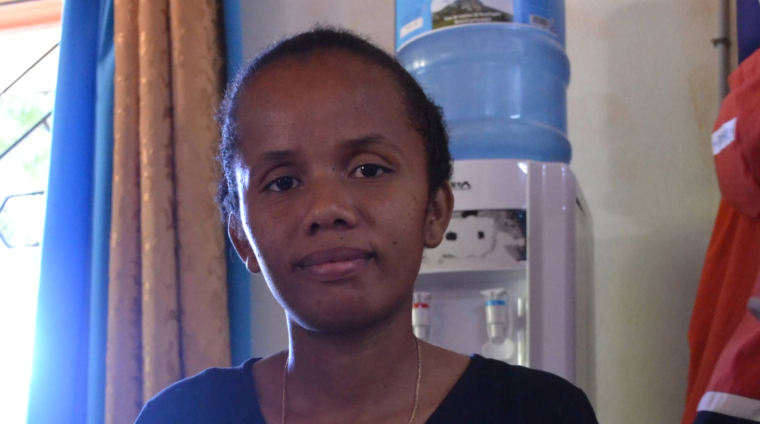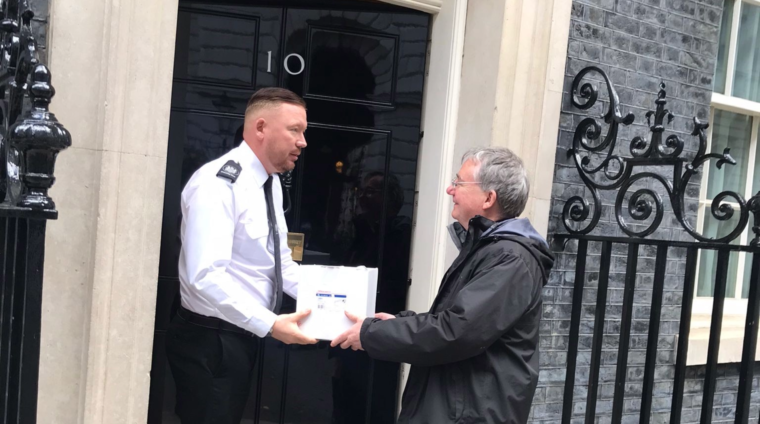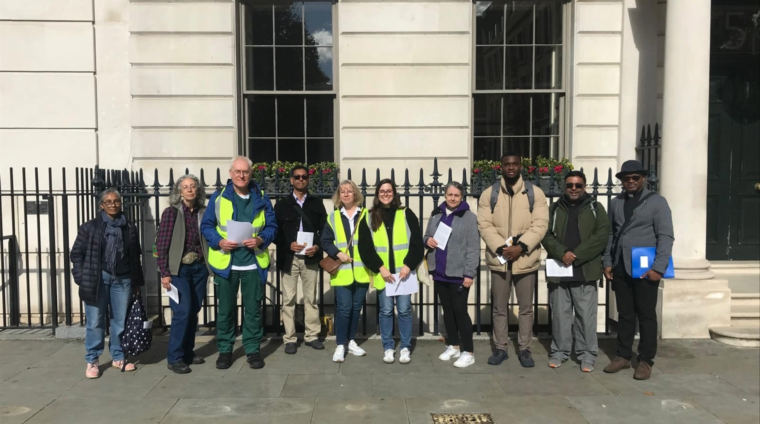As the UK hosts a Global Summit on Food Security, our partners have issued reminders of how millions struggle daily when it comes to finding enough to eat.
Leading experts on food security are gathering in London today (Monday, 20 November) to take part in a series of discussions on the issue of world hunger.
According to a United Nations’ report for 2022, one in 10 people across the planet are unsure of where their next meal will come from.
Food poverty can be exacerbated by several issues, such as violence and conflict, political instability and climate change.
Many of our partners have seen the devastating impact of such contributing factors – for example, the MAGIS Agricultural Institute in South Sudan, which trains mainly female small-scale farmers, has been rocked by adverse weather patterns in recent years.
“[Climate change] is a real thing that is affecting our famers”
– Fr Eric Wanyonyi Simiyu SJ
Fr Eric Wanyonyi Simiyu SJ, director of MAGIS, said: “We have been discussing the issue of climate change. For us here, it’s real. It is a real thing that is affecting our famers.
“We have been trying to find ways to help farmers deal with the changing climate, especially the rain patterns.
“We teach them mixed skills so they can produce sorghum, groundnuts, millet. So, if one crop fails, they’ll still get something to eat.
“It’s a big challenge but if we share our skills across Sub-Saharan Africa, it will help our farmers deal with climate change.”
Fr Eric explained that rain now often falls at the wrong time – either too late, which affects the harvesting process, or for too long, which leads to flooding and ruins crops.
This, he said, has resulted in an increase in food prices.
“A batch of groundnuts used to cost $3. But thanks to the change in climate, the same amount now costs $10. What will happen when we go to 2024? Most families will not be able to afford food,” he added.
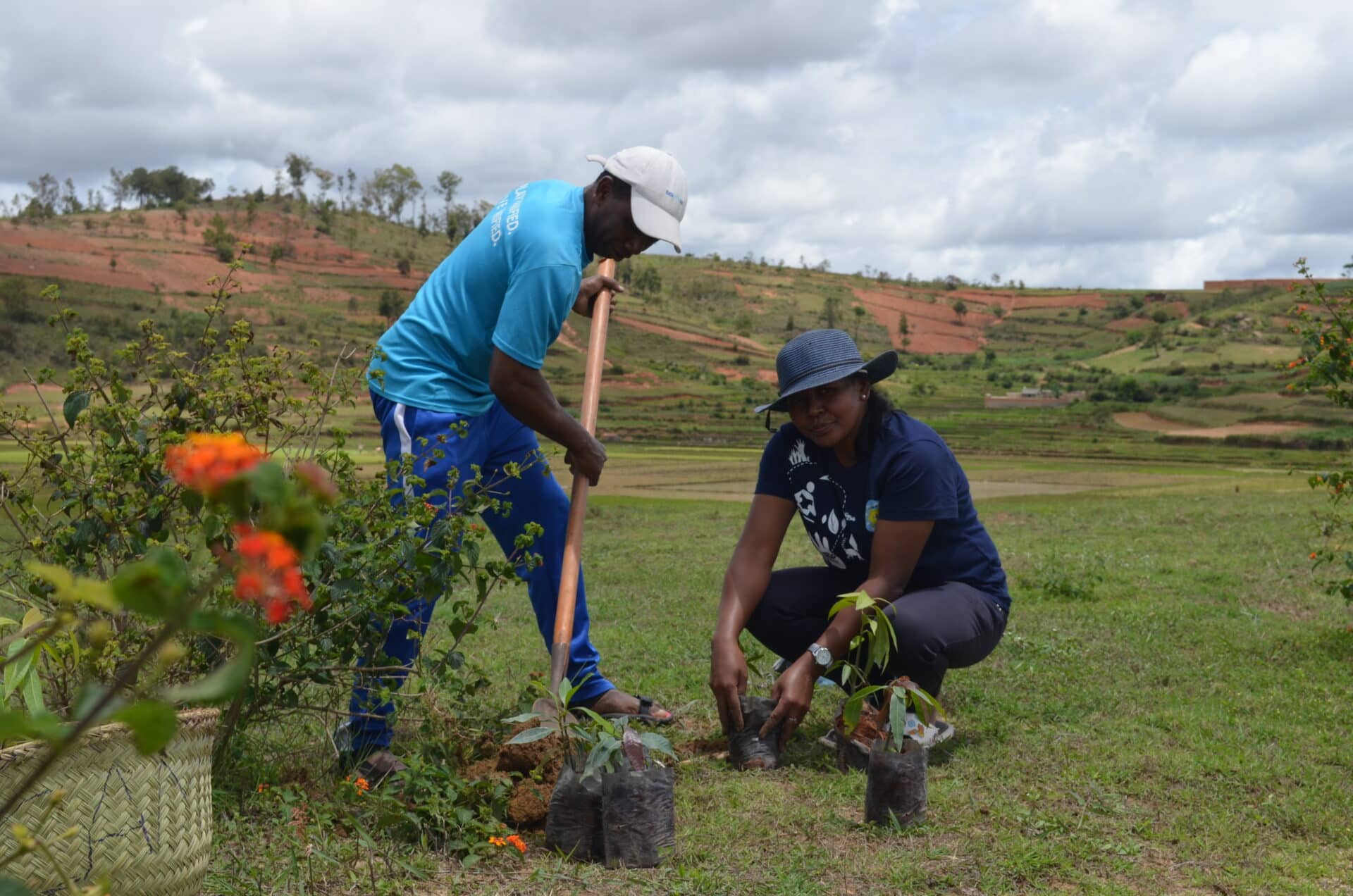
Similar stories are seen elsewhere in the Global South, including at other projects supported by Jesuit Missions, such as the Arrupe Centre in Madagascar.
It too has seen the negative impact of climate change – on a country that is already among the poorest in the world – and is helping its citizens by teaching them practical sustainable development skills.
UK Prime Minister Rishi Sunak hopes that a White Paper – a document outlining the government’s plans for future legislation – on international development will go some way to addressing food insecurity.
He told the summit: “We live in a dangerous world – a time of growing threats, strategic competition and conflict.
“Many of these challenges, like the war in Ukraine, have a direct impact on the poorest around in world.
“Others threaten to draw attention away from their plight, putting at risk the vital progress made over recent years.
“With this White Paper, we’re answering those challenges, changing our approach to deliver in a changing world.”
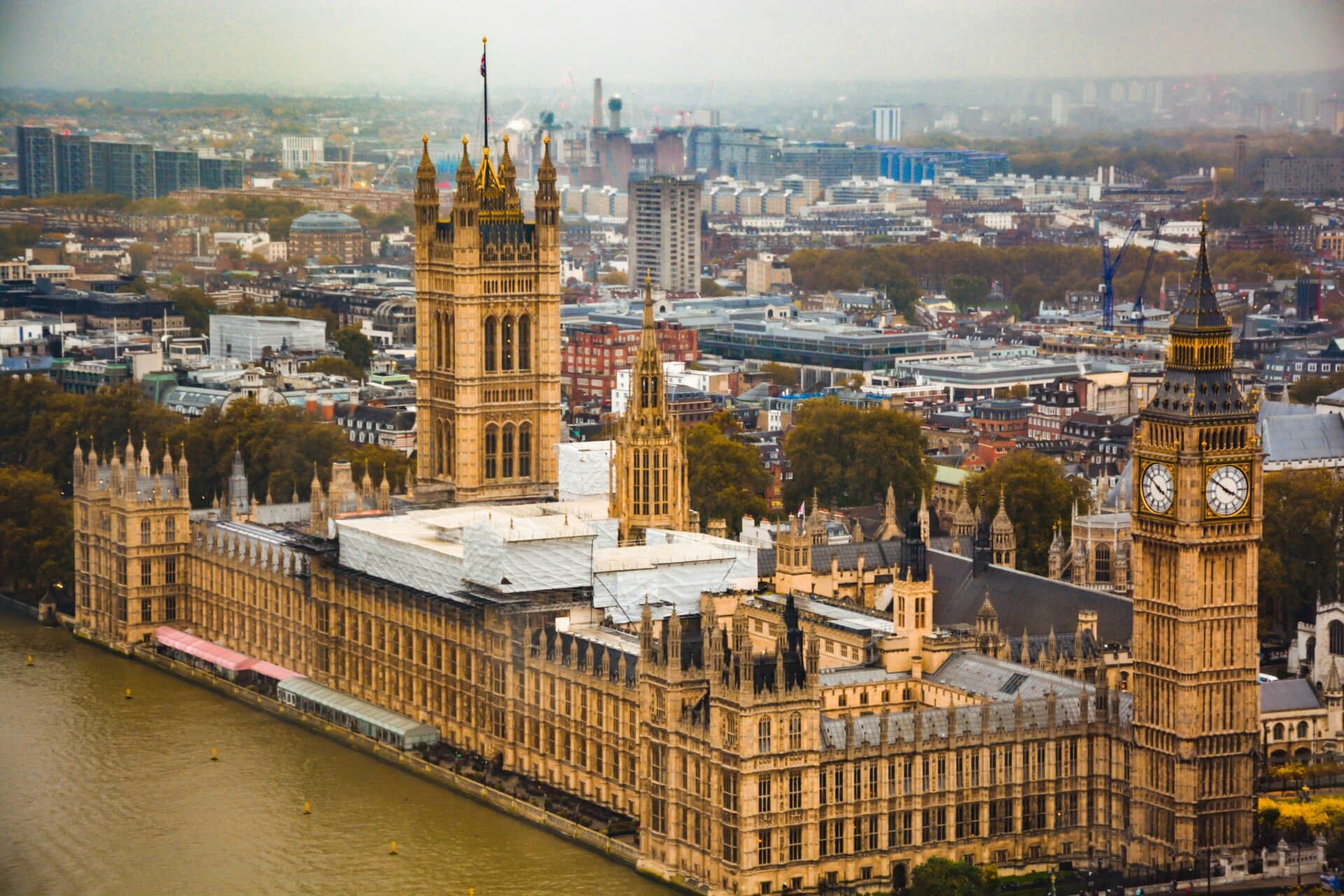
His commitments include promoting scientific and technological research to address world hunger, and £100 million worth of aid that will be given to countries struggling with food crises, including in East Africa.
But with almost a billion people regularly not having enough to eat, many of them children, this summit must be seen as only the start of tackling one of the world’s most desperate issues.
Images: Unsplash/Paul Silvan; Caroline Sanga


